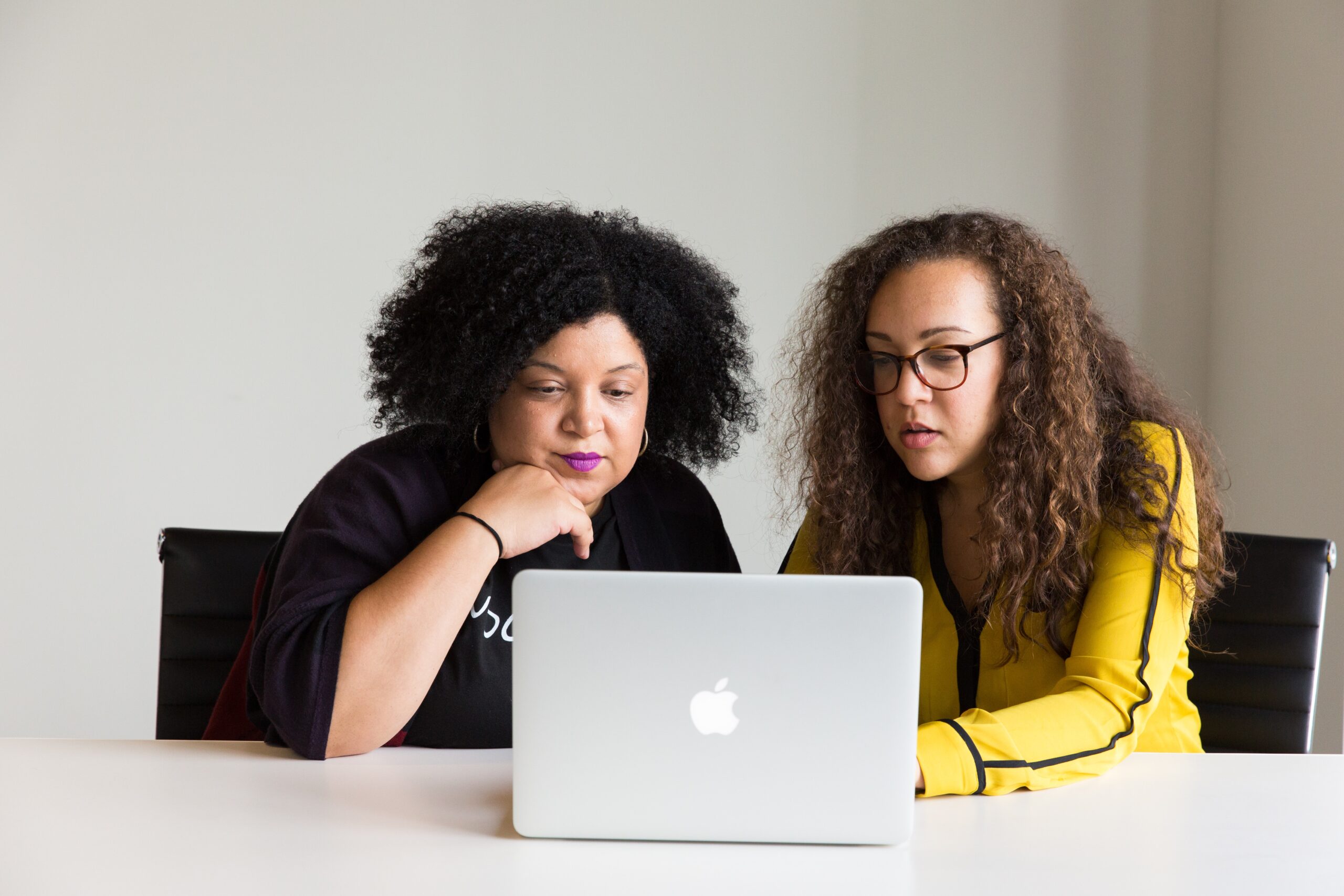
22 Apr Supreme Court Legal Update: What Happens When You Win a Copyright Infringement Suit? Rimini Street, Inc. v. Oracle USA, Inc., No. 17-1625
In January 2019, the Supreme Court heard oral arguments in the Rimini Street, Inc. v. Oracle USA, Inc case. In its March 2019 decision, the Court upheld the statutory definition of “costs” that can be awarded as a part of a copyright infringement judgment, effectively limiting the kinds of compensation that a copyright owner can be awarded.
Setting the Scene
This is a case between the software company, Oracle USA, Inc., and a third-party software support company, Rimini Street, Inc. Oracle, as the creator of software, sells licenses to users all over the world. As updates to the software are created, licensees can access updates from Oracle’s website. Rimini Street, in its third-party support capacity, was not a licensee of Oracle’s software. However, it downloaded software updates from Oracle’s site to provide to its own customers, in violation of the Oracle website’s terms of use. Oracle sued Rimini Street for copyright infringement and was awarded a judgment against the support company for $36 million in copyright-related damages, $29 million in attorney’s fees, $3-4 million in taxable costs, and $13 million in additional nontaxable costs (including expert witnesses, e-discovery, jury consulting, etc.).
Copyright Infringement, Reviewed
Copyright law, as we have discussed before, is the set of intellectual property rights surrounding original works of authorship. Things like books, articles, audio recordings, videos, and software can all be copyrighted. Under the common law, the author of a work actually gains exclusive rights to the copyright of that work as soon as it is created. However, in order to enforce that copyright ownership in court, the owner must first register the copyright with the U.S. Copyright Office. Once a copyright owner has registered its copyright, it is free to enforce its ownership in an infringement suit.
The Question Facing the Court
As in most civil litigation matters, a judgment can contain a number of different awards. There may be a monetary award for the actual harm committed (in an infringement suit, this is the monetary damage that the infringement caused to the copyright owner). There may also be an award for court costs, including filing fees, attorney’s fees, and other costs associated with the litigation. The Copyright Act specifically states that the party that prevails in a copyright infringement matter is entitled to an award of its “full costs.” Herein lies the question for the Court: does the term “full costs” provided in the Copyright Act include any expenses that the prevailing party takes on in the course of litigation or are costs restricted to the six specific “taxable costs” outlined in the “general provisions” section of the U.S. Code (these six do include an explicit acknowledgement of attorney’s fees)?
The Argument
Oracle, that had expended substantial costs in pursuing this copyright claim against Rimini Street, argued that it was entitled to an award of all of its expenses. It made the case that the term “full costs,” as stated in the Copyright Act, should be read relatively broadly. Rimini Street, on the other hand, advocated for a more narrow interpretation. It made the case that the general provisions of the U.S. Code specifically laid out which court costs should be included and that this list did not include the $13 million nontaxable expenses awarded to Oracle at the lower court.
The American Intellectual Property Law Association (AIPLA) submitted an amicus brief offering its opinion on the matter. The AIPLA argued that costs should be limited to the six defined taxable costs because, without such limitation, copyright owners would be able to recover extraordinary remedies that would discourage prompt copyright registration. In its brief, the AIPLA points out that copyright registration is required for enforcement and, without limitations on costs that can be recovered, copyright owners would lose their incentive to register in a timely manner.
A Unanimous Decision
In March 2019, the Supreme Court handed down a unanimous decision in favor of Rimini Street. Although Rimini Street did, in fact, violate Oracle’s copyright protections, it was not required to pay for expenses that were outside the six specific taxable costs listed in the U.S. Code. This decision, although it did not dramatically change the interpretation of the Copyright Act or copyright enforcement, offers us some guidance. A copyright owner can recover for infringement, both for its damages and to recover its costs. However, these costs are limited to the six specific categories laid out in the U.S. Code.
Let an Experienced Professional Help You Protect Your Copyrights
The law is ever-changing, and one of the benefits of working with an experienced legal professional is that you don’t have to keep up with these changes. We do it for you. If you are a business owner with a copyright you want protected, click here to schedule a call with an experienced copyright attorney.


